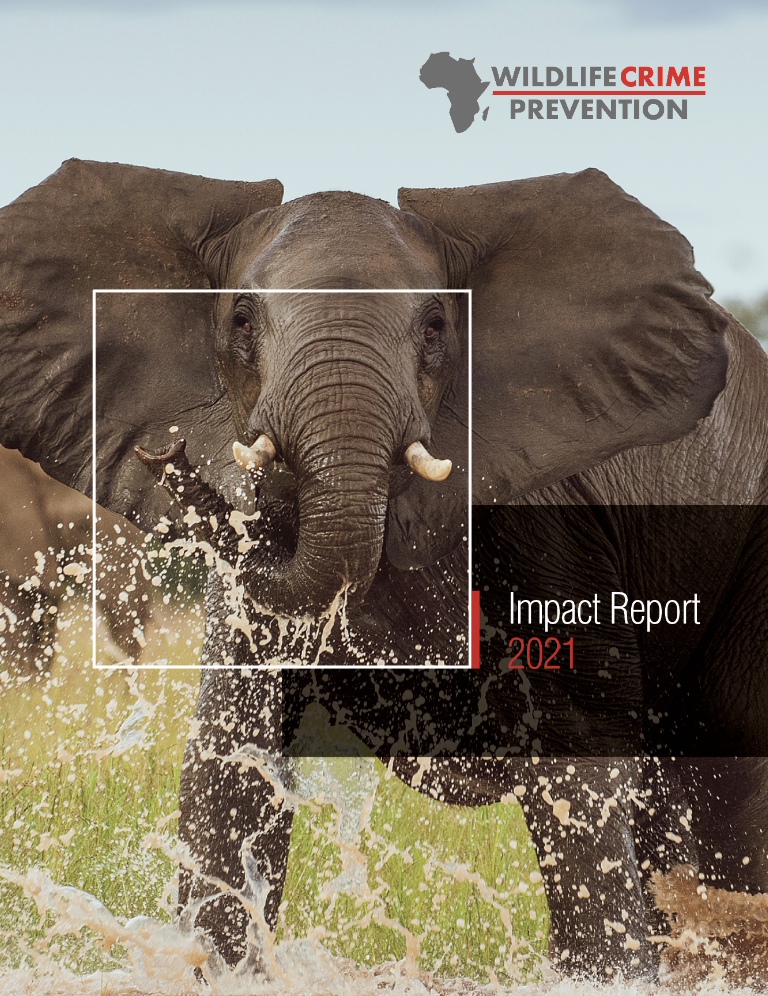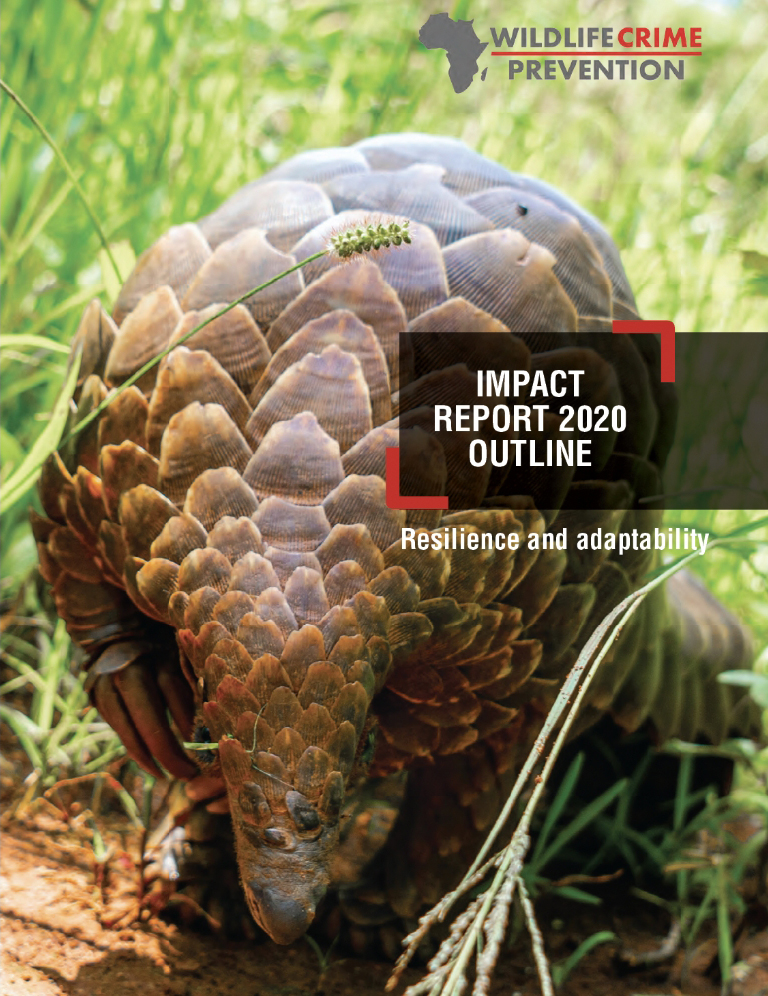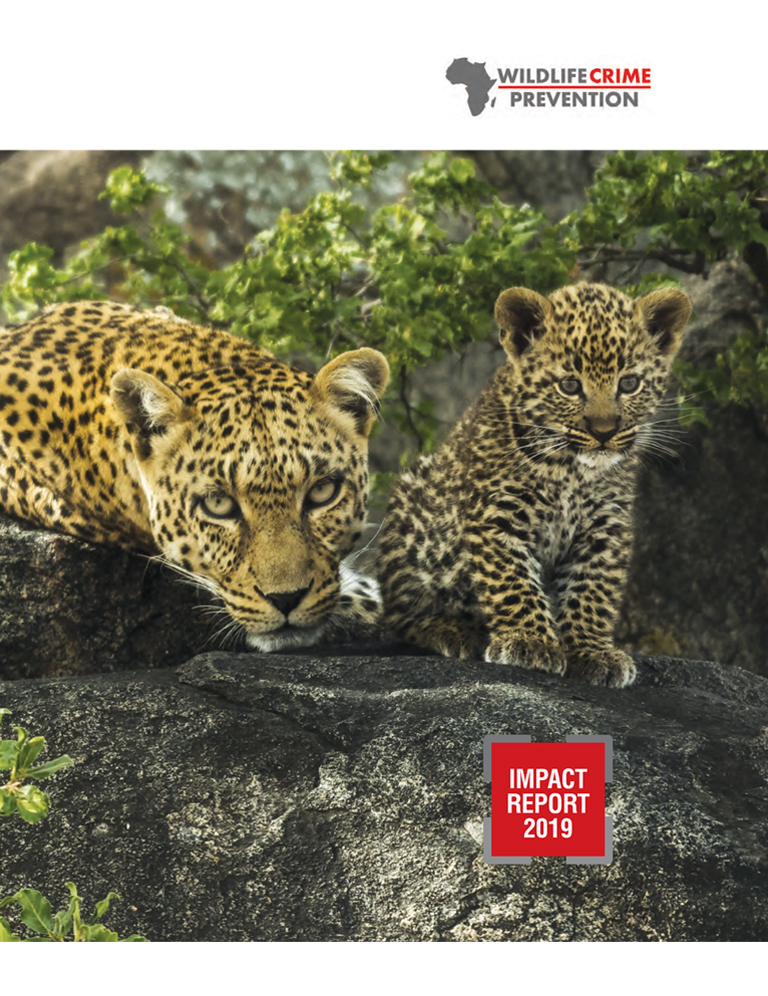OUR WORK
Situational Analysis
In WWF’s Living Planet Report 2020, WWF warns that globally, wildlife populations have declined by an average of 68% since 1970, with habitat destruction, overexploitation and illegal wildlife trade among the primary drivers of this decline. It also highlights the impacts of climate change on ecosystems, biodiversity and human well-being. All these issues have significant social and economic effects, exacerbating poverty, inequality and social justice.
To address these challenges, we use our data collection, insight and partnerships to conduct strategic analysis on wildlife and environmental crime issues in Zambia and Southern Africa. This analysis increases understanding of threats to wildlife, the impact of crime on society and emerging trends, assisting in making informed law enforcement and conservation decisions. Specific project support has been developed around key areas in the rhino-horn trade, bushmeat poaching and trade, big cat poaching and trade, and the drivers of the illegal pangolin market in Zambia.




